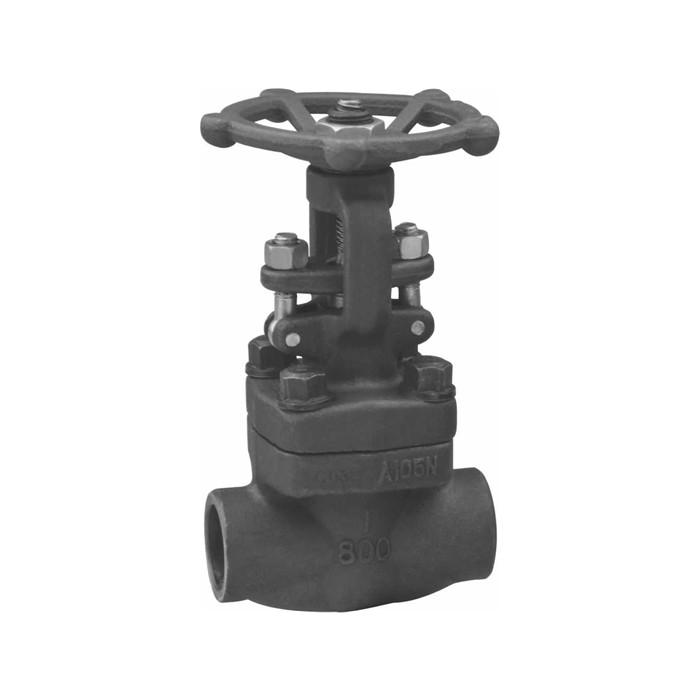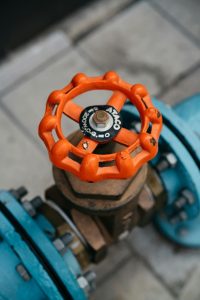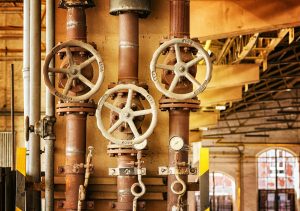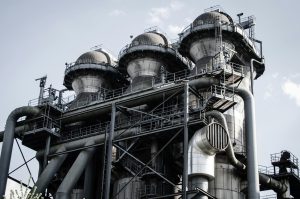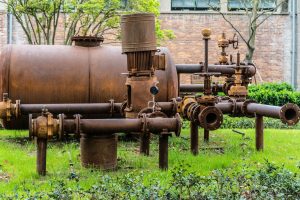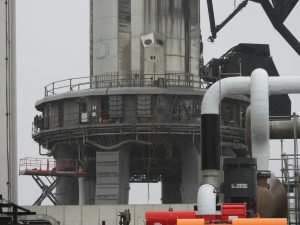Table of Contents
ToggleThere are different ways to manufacture industrial valves. The two most common methods are forging and casting. Forged and cast valves are made in two distinct ways.
Forging begins with the pouring of molten metal into a mold and using forging machinery to apply pressure. When considering materials, a forged valve must meet specific specifications.
The chemical composition of the material impacts the mechanical properties, and heat treatment determines the overall strength of a valve. Heat treatment requires the material to be heated to a normalized temperature and cooled within a few seconds.
This process is faster for smaller valves but more difficult for larger ones. Forged valves must be designed to withstand extreme pressures and temperatures. A forged valve can handle high temperatures and severe service without experiencing thermal fatigue.
If you want to know more about a forged valve, continue reading this article.
What is a Forged Valve?
A forged valve is made by the forging method. It involves heating metal until it becomes soft and then using mechanical forces to shape the metal into the desired shape. Forging defects include laps, cold shuts, cracks, and inclusions.
Forged valves are generally used on small, high-grade pipelines. Their cost is higher than those produced by casting. Forging is generally a better choice for large sizes since large castings can result in extra leak paths. Forged valves are perfect for high-temperature applications. They are less prone to thermal fatigue and are stronger than other types of valves.
Forged valves start the same way as a cast valve: molten metal is poured into an ingot or mold. Forged valves have increased performance in severe service and high-temperature applications. However, many valves have stringent requirements for materials, production processes, and testing procedures. A forged valve can withstand the stresses of high-temperature applications and high pressures without compromising its integrity.
Forging materials have better corrosion resistance and tensile strength than cast ones. The higher the tensile strength of a valve, the better it can withstand high pressure and temperature fluctuations. Forged valves are more durable, which means they will last longer.
Advantages of Using a Forged Valve
Forged valves are more durable than cast or welded valves. Because they are formed from a solid block of metal, they require less mass, resulting in lower thermal gradients and lower stress levels. The thickness of the wall also doesn’t affect the functionality of the valve. Cast and forged valves are similar in construction, with the differences between them being the type of deformation that occurs and the degree of precision needed for a particular application.
The manufacturing process also allows for precise design specifications. The forged material reduces surface porosity and closes internal voids, making it stronger and more durable. Forged valves also have less wall thickness, meaning they have a smaller temperature gradient and shorter time to reach equilibrium. This means less thermal fatigue and a durable solution for power plants. Forging valves are more durable than cast, and forged materials offer several other advantages.
Forged valves are more durable and can be used in a wider range of applications. But it’s important to choose the right valve for your application, which will be determined by cost. In general, higher-quality forgings are preferred for critical valves with thin walls.
A forging valve has better dimensional tolerance and a uniform wall thickness. The process does not require any welding, and there is no waste of materials. The only waste material is flash from the second pressing on the trimming dies.
Another important advantage of forged valves is that they offer increased durability for severe service applications. However, forged valves are more expensive and difficult to repeat due to voids. However, by ensuring quality control, you can minimize risk. A high-quality valve manufacturer can help you reduce the risk and improve the quality of your project. It is also more durable and more efficient. In addition, forged valves can also last longer than cast valves.
